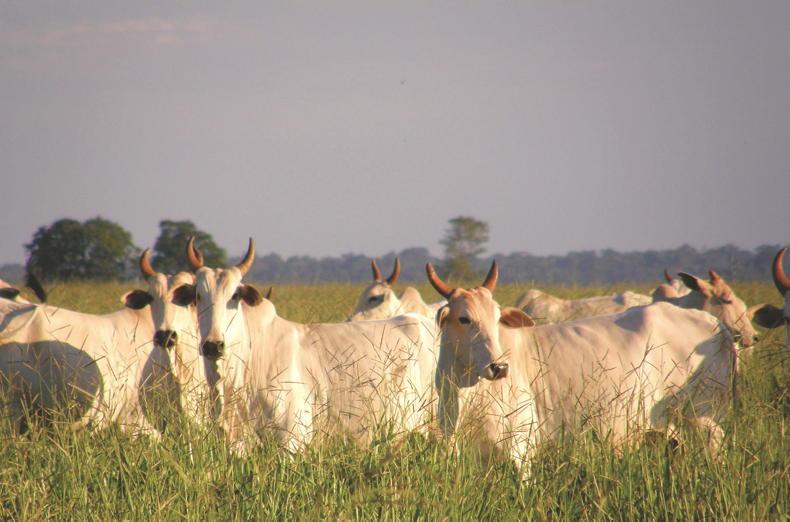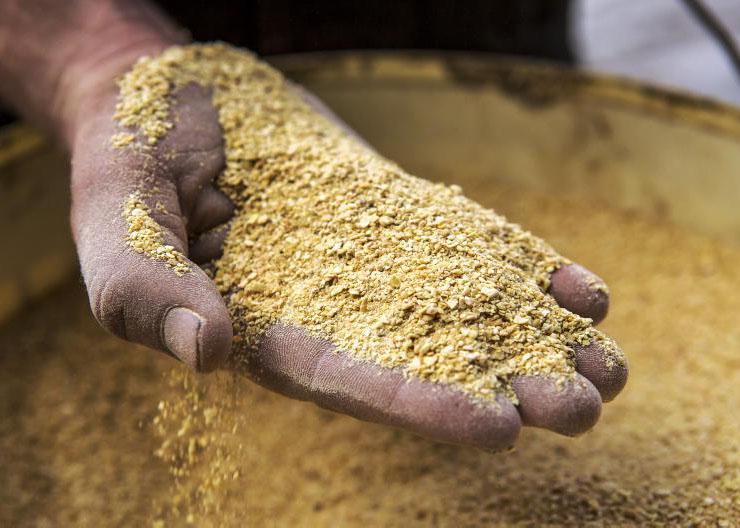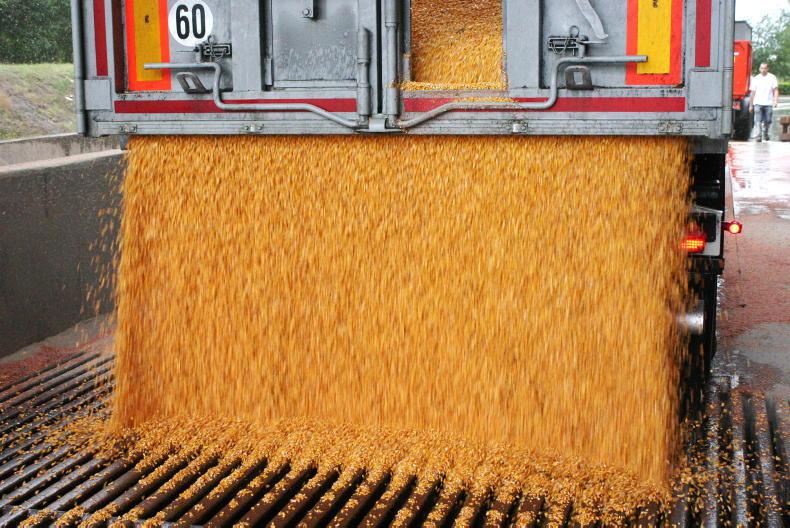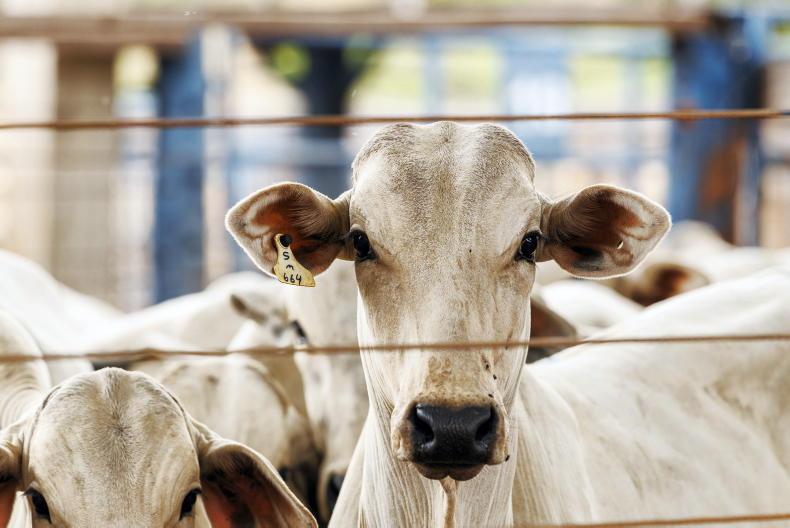Those importing beef into the EU will soon have to prove that their suppliers do not farm on land that has been recently deforested, after an environmental agreement was reached by EU policymakers.
The agreement should see a regulation brought in requiring operators exporting certain products to the EU to collect geographical information on where they were farmed and ensure that these areas are not sites of deforestation.
The law will prevent soy and cattle produced on farmland deforested after 31 December 2020 entering EU markets, but there will be no countries from which imports will be banned outright.
Europe is expecting that the new rules will reduce greenhouse gas emissions and slow biodiversity loss in the regions from which it imports goods.
Formal approval
The regulation still needs the formal approval of the European Parliament and European Council. The political agreement came only 12 months after it was first proposed by Brussels.
The law is intended to stop EU consumption contributing to the loss of forests in non-EU countries where land is at risk of being cleared to make way for agriculture or industry.
Checking claims
Beef, soy, timber and palm oil are among the goods which will fall under the framework, once it is formally passed.
These goods were identified as being the main driver of deforestation to result from agricultural expansion in non-EU countries.
The authorities enforcing the proposed rules are to use tools including satellite monitoring and DNA analysis to confirm claims made about product origins.
Countries will be assigned a risk status to determine how frequently goods from within its borders will be inspected as part of the regulations.
The agreement states that the countries assigned the highest risk status will have compliance checks carried out on 9% of operators, while countries with the lowest risk will only see 1% of operators subjected to checks.










SHARING OPTIONS